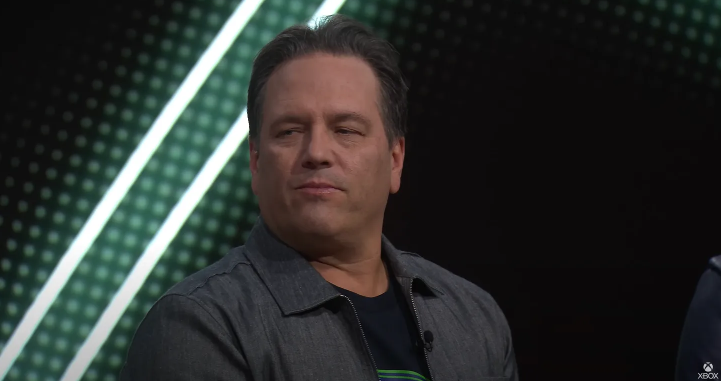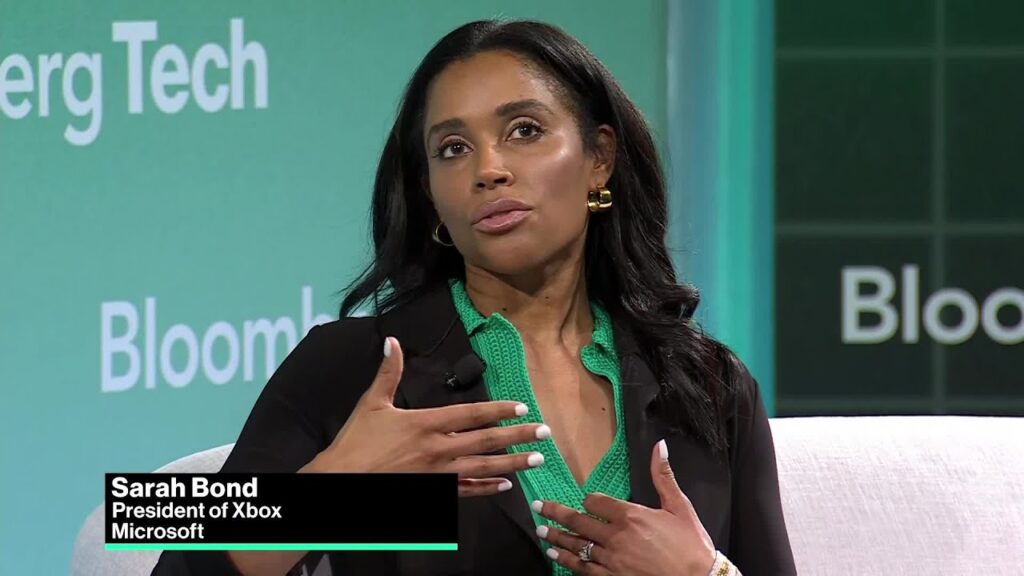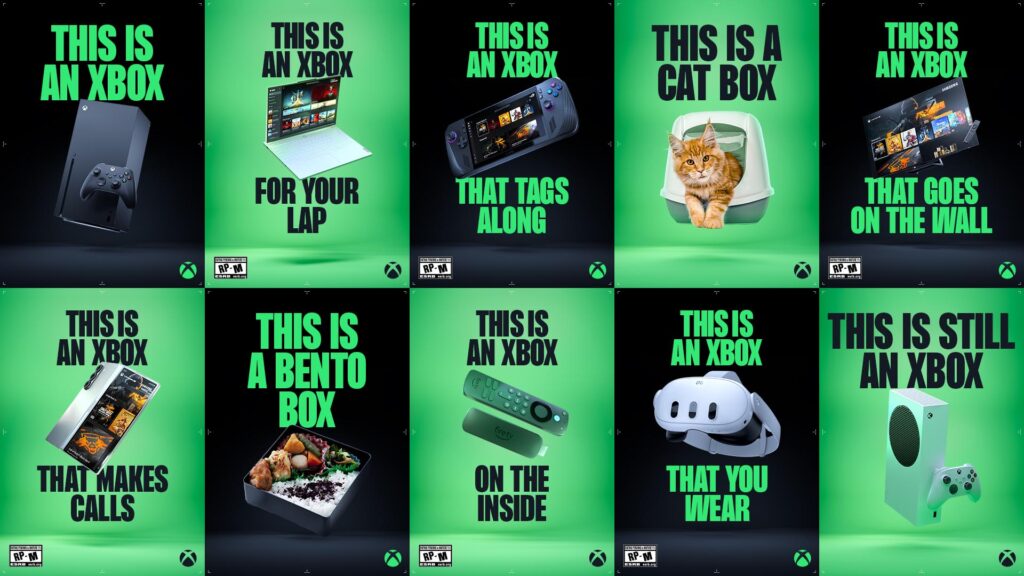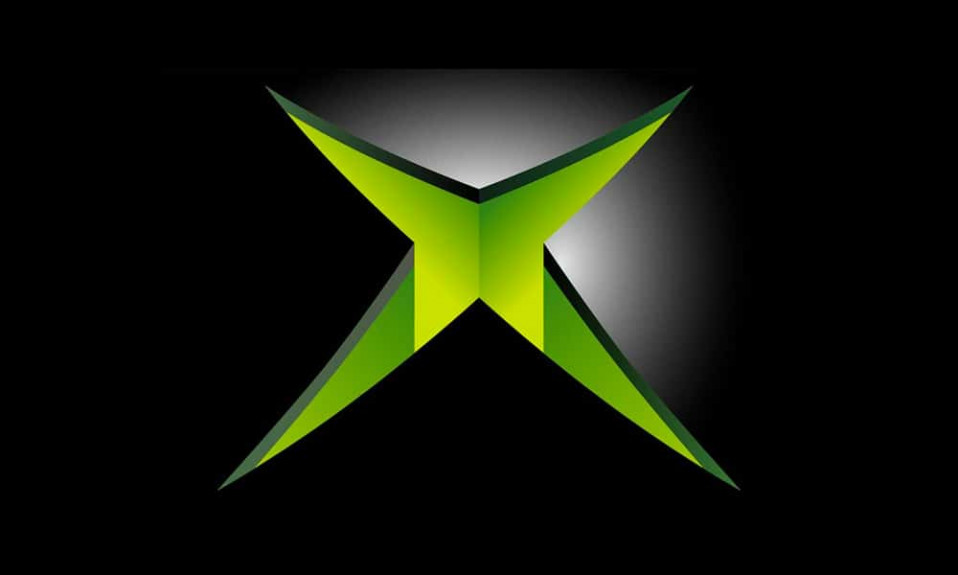Those days of Xbox as a console brand are gone, and to some, it’s an unpleasant pill to swallow. Irreconcilable enthusiasts, particularly those steeped in the fervors of the “console wars,” cling to the notion that gamers will be forced to pledge loyalty to one platform—Xbox, PlayStation, or Nintendo. This tribalism goes back to the Atari vs. Intellivision era, but went into high gear when Sega‘s bombastic “Genesis does what Nintendon’t” crusade struck at Nintendo. Although the world of gaming has evolved, echoes of the wars are still here, just as an attitude that transcends the ’90s peak.
The gaming industry, however, is grappling with the new normal. Post-pandemic, growth has ground to a halt, as plummeting sales and wholesale redundancies hit studios large and small. Record-breaking production budgets and a saturated marketplace have exposed the vulnerability of traditional game delivery models. Change isn’t simply required—it’s mandatory.

Microsoft‘s Xbox operation is spearheading the move, revolutionizing what it means to be a gaming company in an increasingly fast-paced world. In February 2017, Xbox boss Phil Spencer introduced Xbox Game Pass, a subscription service offering players access to a huge repository of games for a fee paid monthly, bypassing the $60-$70 per-game expense. Initially viewed as an add-on to Xbox Live‘s online service, Game Pass was really the first step in a grand strategy. Spencer soon was calling for “Games as a Service” (GaaS), proposing that Xbox‘s first-party titles would be available anywhere Game Pass was—on consoles, PCs, or elsewhere. It was a glimpse of hardware-free days to come.
A New Playbook: From Console Maker to Gaming Ecosystem Microsoft‘s strategy came together with its hit acquisitions of Bethesda in 2020 and Activision Blizzard in 2022. These were less about buying up exclusive franchises as it was about filling Game Pass up with a diverse, high-quality catalog. By 2023, Game Pass had extended to PCs, mobile phones through cloud streaming, and even smart TVs, as it made the shift from console-centric mindsets to a platform-agnostic empire. To Microsoft, however, the Xbox console is no longer the focal point—it’s merely part of a greater, more interconnected world of gaming.

Reports as early as 2024 had Xbox changing course to a third-party publisher model. Spencer has since affirmed that four games—Hi-Fi Rush, Pentiment, Sea of Thieves, and Grounded—would release on rival platforms like PlayStation and Nintendo Switch. While he emphasized not every Xbox game would go multi-platform, there was no door-closing. This created a firestorm of opinion, with some believing Xbox was abandoning its roots. However, Spencer’s logic is straightforward: in a market that is not growing, limiting games to one platform makes them less available to consumers.
Debunking the Console War Mentality The response to Xbox‘s move to multi-platform shows the grip still held by console war loyalty. For a long time, players identified with their preferred platform, with exclusives like Halo or God of War flapping like war banners. But that mindset increasingly is a relic of the past. Cross-platform games like Fortnite, shared multiplayer environments, and the increasing appeal of PC gaming have erased ancient barriers. Xbox‘s strategy bets on such a shift, prioritizing player availability over platform rivalry. By porting games to other platforms, Microsoft isn’t abandoning its audience—it’s welcoming more players into the fold.

Plotting a Sustainable Future for Gaming, Xbox‘s strategy also addresses the financial struggles of the industry. It costs more than $200 million to create a AAA game, and with fewer people willing to pay full price, profitability remains out of reach. Game Pass provides the answer through constant subscription revenue, and releasing on multiple platforms throws a larger net over players. This model can settle a rattled industry, reducing dependence on risky, high-expenditure launches. Xbox‘s forays into cloud computing and AI-based software also put it at the front of a future where anyone can play games on anything, anywhere.
For loyal Xbox gamers, this shift will sting, a sense of lost identity. But the console wars, as much a nostalgia reference as anything, are relics of an old era. Microsoft‘s focus on Game Pass, cross-platform play, and a growing list of studios rebrands Xbox less as a console business and more as a pioneer of gaming’s future. Where the industry is at the crossroads, Xbox is leading the charge toward a more open, more sustainable future where the game itself, and not the box, reigns supreme.


